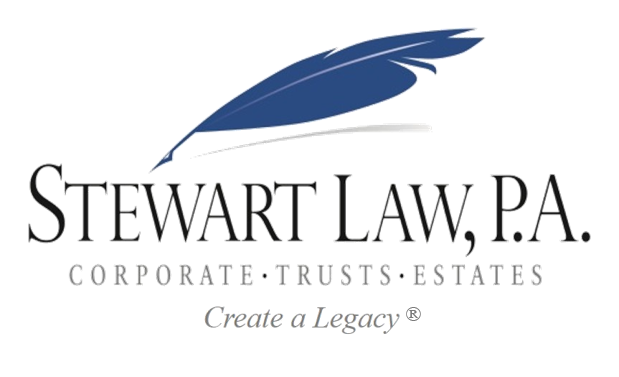Rental Property LLCs

With the current uncertain state of traditional financial markets, many of our clients have diversified their investments by purchasing rental properties. Whether it’s a beach house in Holden Beach, mountain cabin in Banner Elk, or single-family home in Charlotte, the ideal structure for operating these rental properties is often an LLC. One common question clients have is whether they should use an existing LLC they have already in place or establish a completely new and separate LLC for the rental property.
The main purpose for establishing a rental property LLC is to limit potential liability to others using or renting the property (e.g., slip and fall due to an unsafe property condition), so that the injured party can only sue the LLC and not the clients individually. This limits the clients’ liability to only the assets in the LLC and not their personal family assets. In most cases, the only assets within the LLC would be the property itself which has been deeded into the LLC (and really only the equity in the property should be available to creditors) and the LLC bank account where rental payments come into and out of which property expenses flow. Therefore, the value of assets within the LLC, and thus assets subject to potential creditor claims, remains relatively small.
For this reason, we typically recommend establishing a new and separate LLC for the rental property rather than using existing LLCs. For clients that have existing LLCs, those LLCs likely exist as an operating business or family investment LLC holding substantial assets of their own. If clients set up the rental property through one of these existing LLCs, then the potential pool of assets a rental property creditor could come after increases. In such a situation, the creditor would be able to obtain a judgment against all the assets of the existing LLC instead of the smaller target of assets in the isolated and separate rental property LLC (e.g., property equity and LLC bank account).
Here at Stewart Law, we’re able to guide clients through this process and establish a structure that not only protects personal assets from rental property creditor claims, but also fits seamlessly into their estate plans.
About the Author

John J. Long, Jr., JD
Partner
